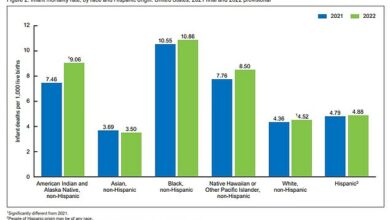Regular pills taken by tens of millions of Americans can cut the risk of liver cancer by a third, research shows


Cholesterol-lowering pills taken by tens of millions of Americans may reduce the risk of a common form of cancer, a study finds.
Researchers at the National Institutes of Health in Maryland found that people who took cholesterol absorption inhibitors had up to a 31 percent lower risk of liver cancer.
In people taking statins, the risk of the same disease appeared to be up to 35 percent lower.
In the US, a combined 54 million people use statins and cholesterol absorption inhibitors such as Zetia.
Previous research has also shown that taking statins may reduce the risk of developing 20 types of cancer, including breast, liver, stomach and colon cancer.

Cholestrol absorption inhibitors are available by prescription and are sold under brand names such as Zetia. They are often given to people who cannot take statins (Stock image)
Writing in the article published in the magazine CancerThe researchers suggested that the drug could reduce inflammation in the liver, which could limit damage to cells.
Researchers analyzed data from 3,719 patients with liver cancer and 14,876 people who did not develop the condition.
Patients were on average 69 years old, 70 percent were male, and they were more likely to have obesity, type 2 diabetes, and alcohol-related disorders than the general population.
Patients were asked whether they had taken any of six cholesterol-lowering medications, including bile acid sequestrants (another alternative to statins), fibrates, niacin (which also lower cholesterol), omega-3 fatty acids and statins.
Statins, cholesterol absorption inhibitors, bile acid sequestrants and fibrates are all medications that can help lower cholesterol levels in people.
Most people are prescribed statins, but people who cannot take these medications (possibly because of liver or muscle disease) are sometimes offered an alternative.
Niacin, or vitamin B, and omega-3 fatty acids may also help lower cholesterol, some studies show.
After taking into account factors such as gender, body weight, smoking status and diabetes, the researchers found that people who took cholesterol absorption inhibitors had a lower risk of liver cancer.
People taking other medications (except omega-3 fatty acids) had a higher risk of cancer, but experts said this could be due to other factors.
High cholesterol may increase the risk of liver cancer because it puts patients at greater risk of non-alcoholic fatty liver disease.
This increases the risk of scarring and inflammation in the liver, which increases the chance that certain cells in the liver will become cancerous.
Dr. Katherine McGlynn, an NIH cancer epidemiologist involved in the study, said: ‘Given that there have been few studies of the effects of non-statin cholesterol-lowering drugs on liver cancer risk, the results of our study need to be replicated in other populations.
‘However, if our findings are confirmed in other studies, our results may be useful for research into the prevention of liver cancer.’
The data comes from the UK Clinical Practice Research Datalink (CPRD) database, a primary care database covering approximately seven percent of the UK population.
Liver cancer is the sixth most common disease in the world due to hepatitis B and C infections, which account for 78 percent of cases.
But in the US it is much less common because of the vaccination campaign there.
Approximately 41,600 new cases of cancer are diagnosed each year, while 29,800 people die from the disease.
The cancer has a high mortality rate because the disease is only discovered at a later stage and is then more difficult to treat.




